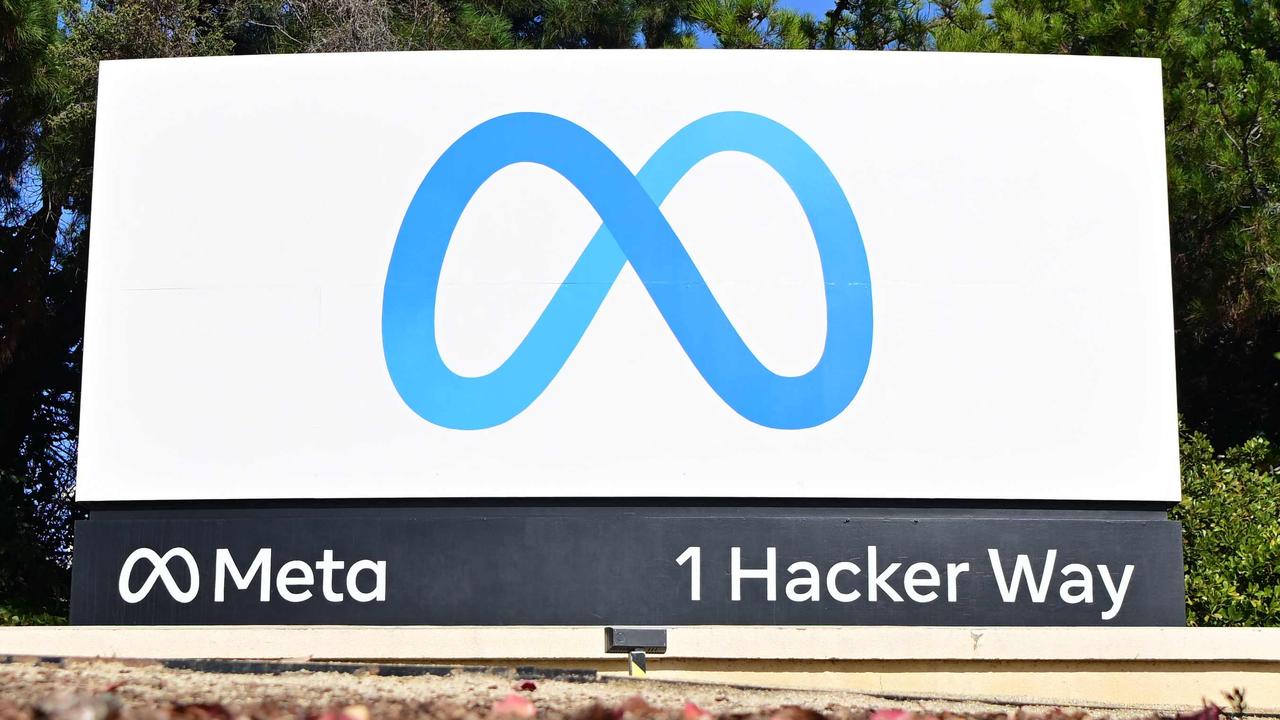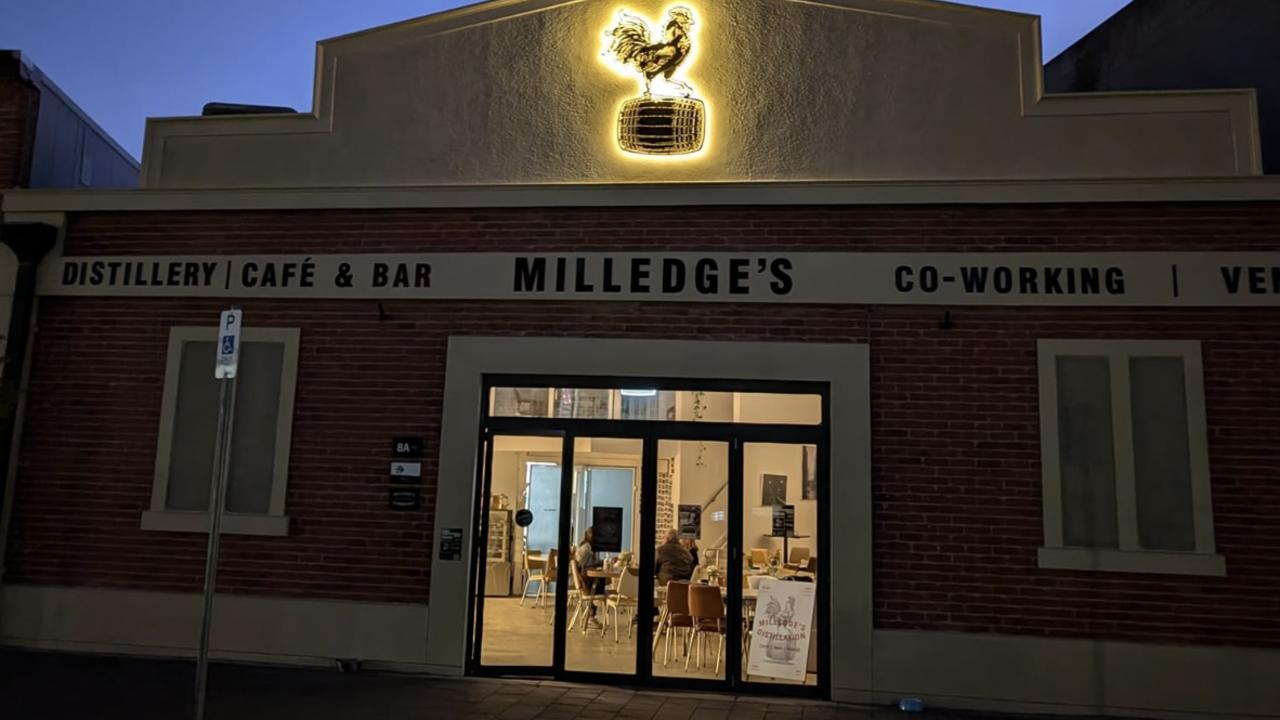Royal Commission hears of Crown Perth casino high-roller link to organised crime
A top cop has told the Crown Perth royal commission how drug traffickers and other organised crime gangs are linked to high-rollers.
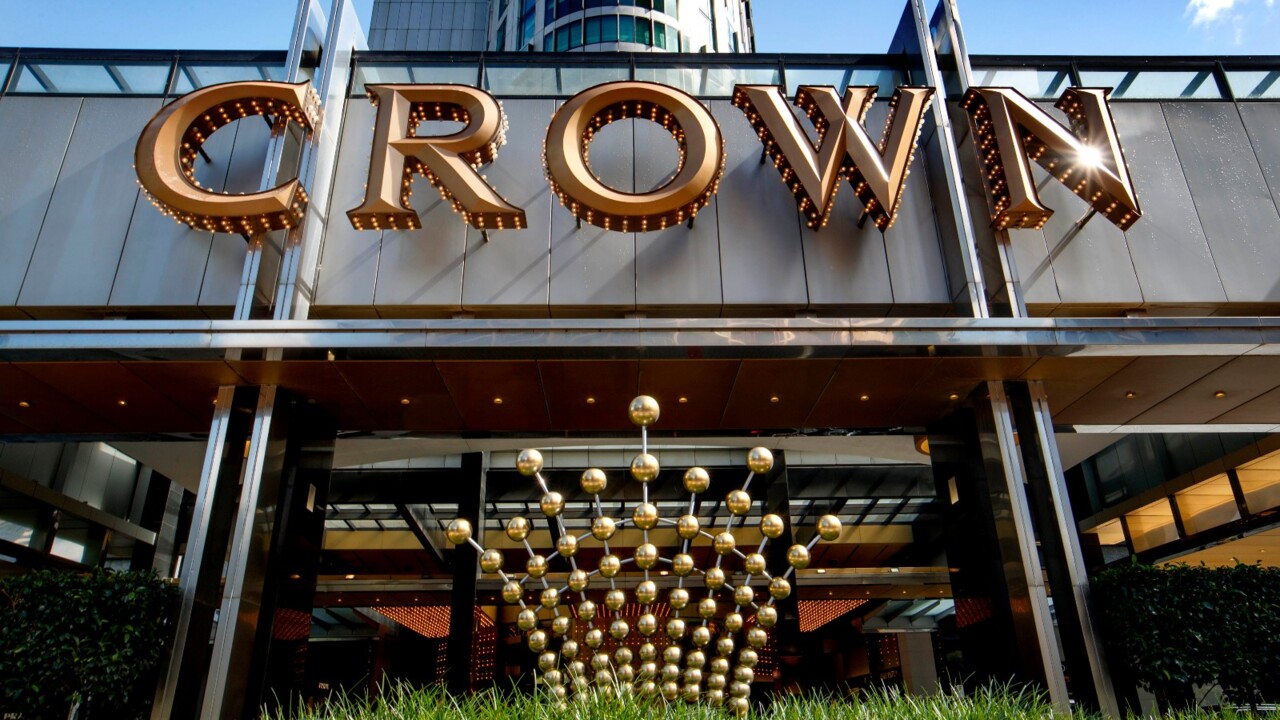
Organised crime is “hidden” among high-rollers at Crown Perth, one of Western Australia’s most senior police officers has told a royal commission.
Deputy Police Commissioner Col Blanch testified on Thursday that organised crime organisations used the system Hawala to offset cash through casino junkets and avoid detection from regulators.
“You’ve got to find the organised crime in the high-roller because the money is there,” Mr Blanch said.
While it was not his intention to stop high-rollers, Mr Blanch added: “The organised crime will be hidden in the high-rollers.”
He explained a scenario in which an overseas person might want to gamble in WA and needed Australian dollars, but was restricted in how much money they could transfer out of their own country.
“If you have the right broker, they can actually arrange for drug trafficking money to be given to that person wittingly or unwittingly to gamble with, as long as they hand their money in their country of origin over to the person that organised it, and then it finds its way back to the drug trafficker,” he said.
“Many of the people often involved in Hawala are legitimate business people.”
Asked if he saw Hawala as a potential risk or an actual risk in WA, Mr Blanch said it was an “overall money laundering risk” to WA that was not exclusive to the casino.
“Hawala is a significant organised crime technique for money laundering in WA and it’s not just in the casino,” he said.
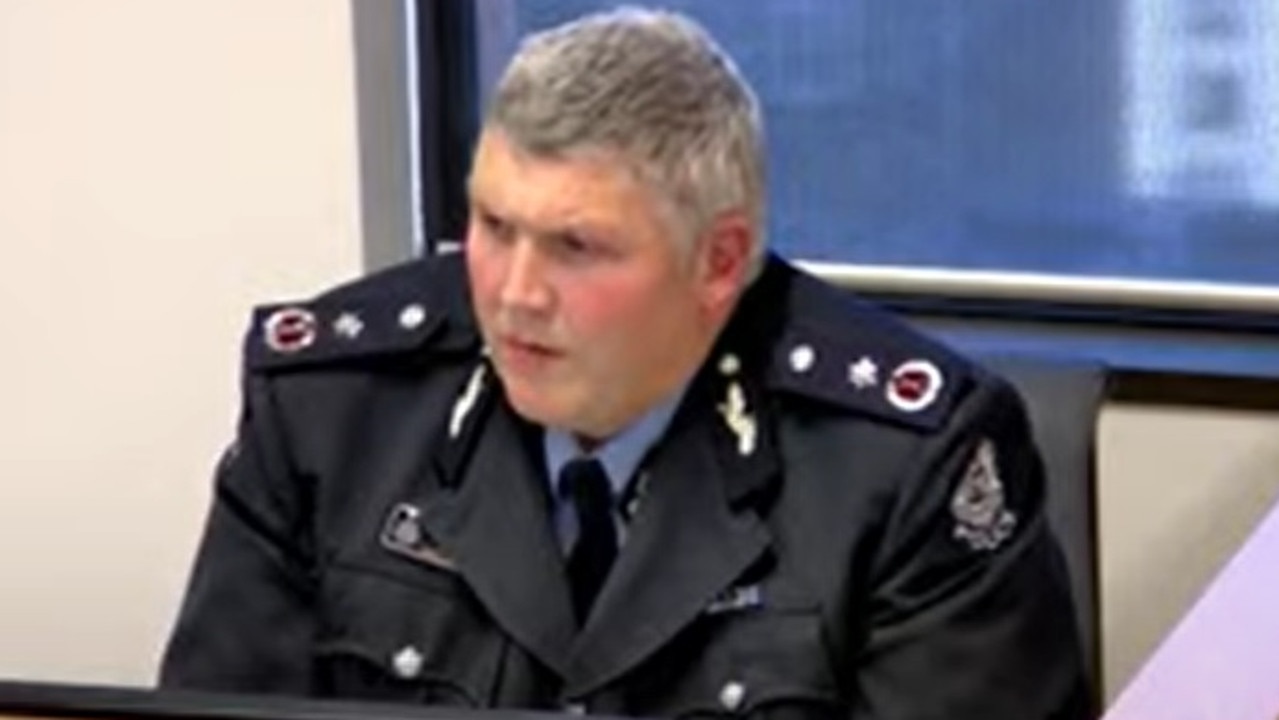
Given the risky nature of junkets, which could potentially involve money laundering, Mr Blanch said he would prefer to have as much information as possible about operations.
He said it would require all parties to set some boundaries and have a clear memorandum of understanding.
“We are looking for the high risk events ... it might be a value decision. If they’re bringing in $20m, I would say ‘yes we want to see it’,” he said.
“If it was some $500,000 ... it’s probably not of interest.”
Earlier, former Crown Resorts internal audit manager Rachel Murray said junkets were principally managed out of Melbourne.
She said she had “no visibility” over the way in which the Crown Melbourne international operations team operated and she was not involved in the internal audit of that department.
Asked about junket operators in Perth, she said: “I know there was an approval process but I can’t remember who was involved in that process.”
Ms Murray said there was a “junkets audit” section on the audit plan.
“That would have included confirming the junkets were approved and the approval process had been followed in relation to what was documented in Crown Perth’s casino manual,” she said.
“Outside of that would have been outside of the scope.”
Ms Murray said if she required records from Crown Melbourne she could have accessed them, but did not recall ever doing that.
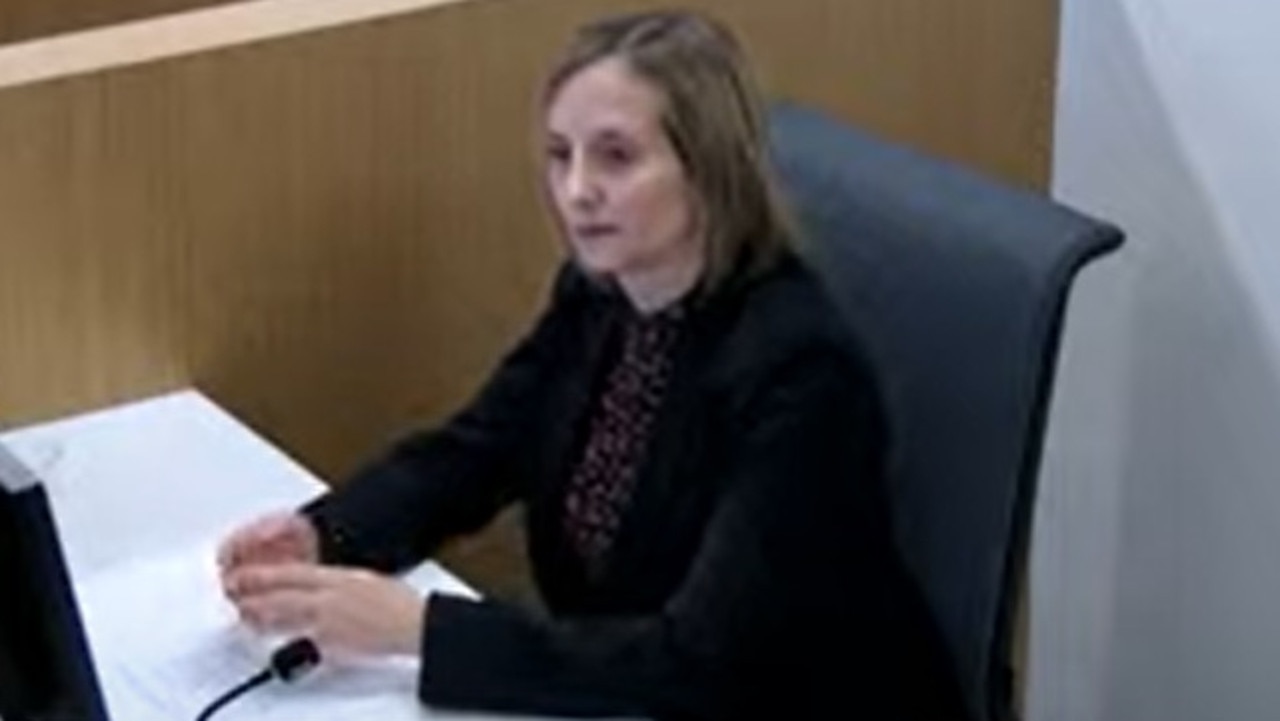
Ms Murray also accepted there was “possible perception” that her objectivity could be compromised because she audited a department that fell under her own line manager, but stressed there was no conflict.
“There potentially is a perception however, that wasn’t the case ... we acted completely independent and there was no conflict,” she said.
“The same process was applied for any audit that we did — the executive responsible for that area would get a copy of the report (and) would get a copy of the scope.”
It was not suggested Ms Murray’s boss had any influence over the audit.
Ms Murray said she did not feel comfortable to contact board members during her time at Crown and agreed there was a “structural failure” in the system.
“I should have had direct access to the chair of the board or the non-execs in hindsight, yes, that would have ensured that strong independence,” she said.
In her statement, Ms Murray said she considered Crown Perth’s internal audit regime to be “robust” but somewhat backtracked when she was asked about it.
“I believe we did the best we could in terms of identifying the risks and the controls, and doing appropriate planning to do a detailed audit,” she told the commission.
“We were thorough in documenting everything and tracking all those actions.
“So from the audit process, yes, I believe we were robust ... however, having looked at the specifics in the standards in relation to that direct access to the board, yeah, that does appear to be a bit of a weakness.”



